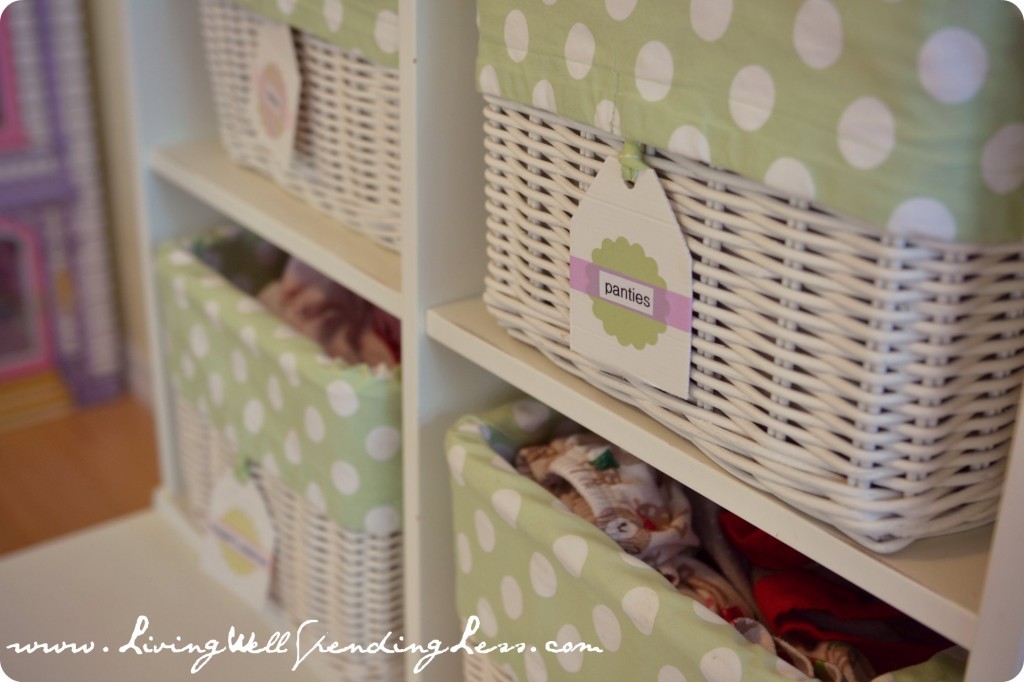

It's unrealistic (and, frankly, futile) to expect a young toddler to take care of all his things on his own, so share the work you can tackle the tougher jobs (putting his books back on the shelf), while he handles tasks he's more capable of (herding up his blocks and tossing them in a bin). You might keep a special corner or table for projects-in-progress. Don't let "I'm not done!" rule the room, but do respect your child's desire to keep at it. If your child is building a block metropolis, or hasn't yet finished a tricky puzzle and wants to continue it the next day, allow him to set those projects aside. Doing a toy rotation every so often can help reduce the clutter to clean up and allow your child to focus on the toys in front of him for longer. Instead of having all of your child's toys available at all times, you might also try limiting how many toys are out each day or week. If it's a game or puzzle you're doing together, put it away together, so that cleaning up becomes part of the game, too. For older toddlers (closer to age 3), it's fine to ask that one individual activity be cleaned up and put away before a new one begins. Pick a consistent time (say, right before washing up for dinner), and make it a regular part of your child's daily routine. With younger toddlers, it's better to wait until the end of the day to clean up everything at once. Both you and your child will go crazy if you try to keep a cap on the mess all day. You can help make it a not-so-hated habit by trying the following strategies. Chances are, of course, your toddler probably won't think this cleanup idea is such a great one.


 0 kommentar(er)
0 kommentar(er)
